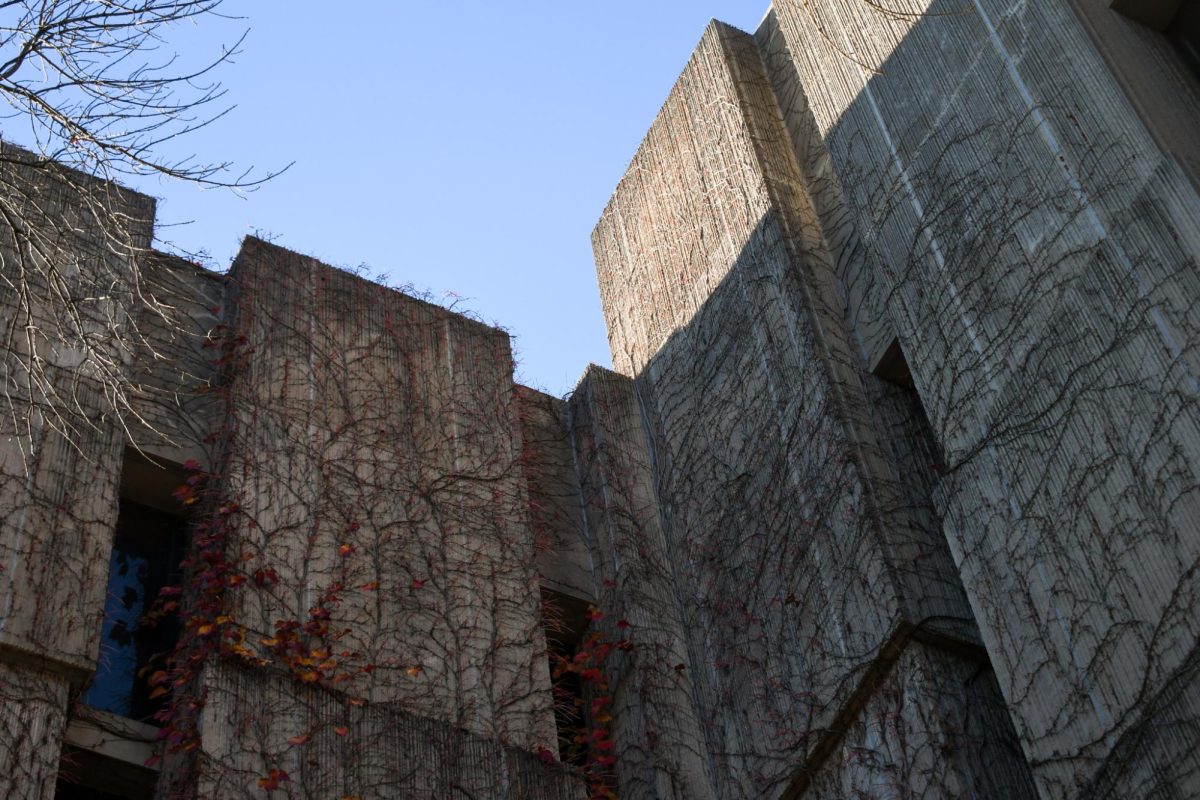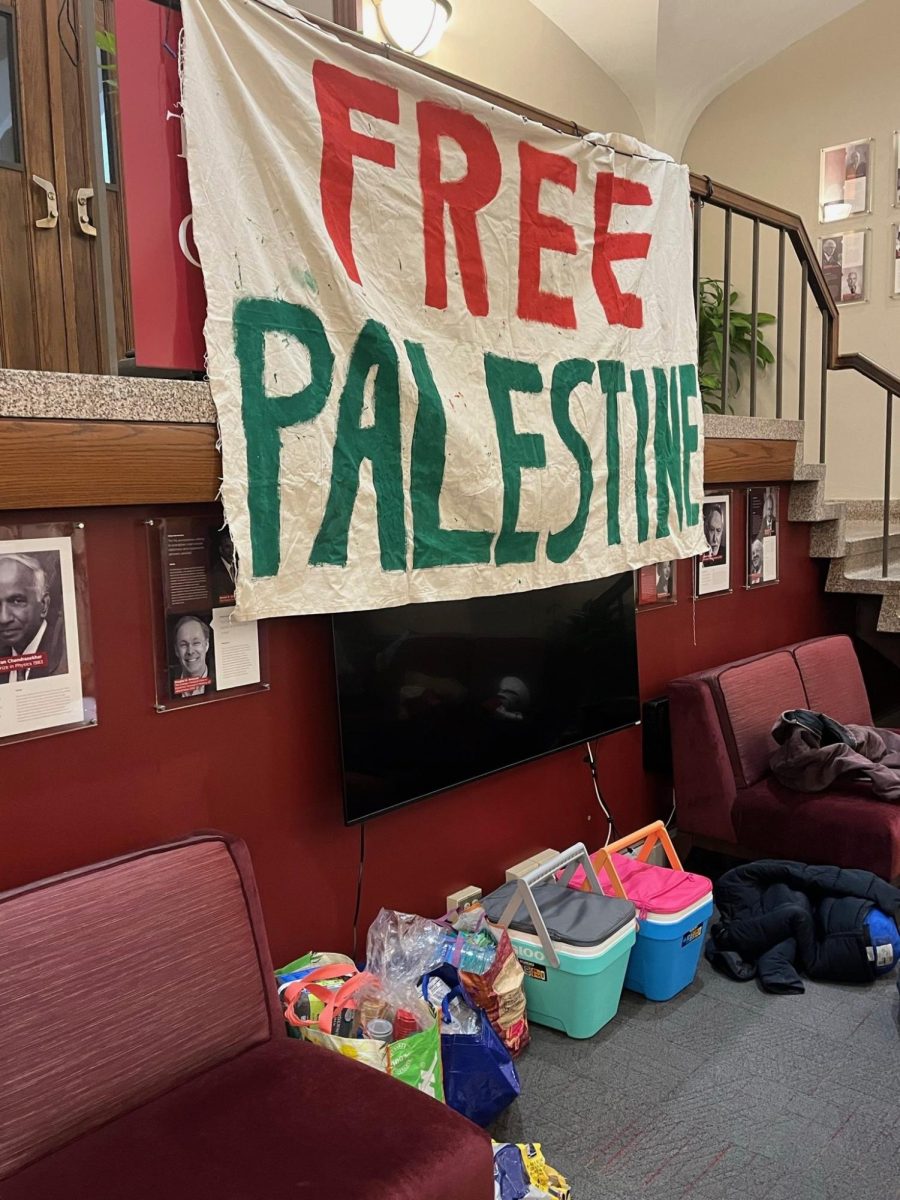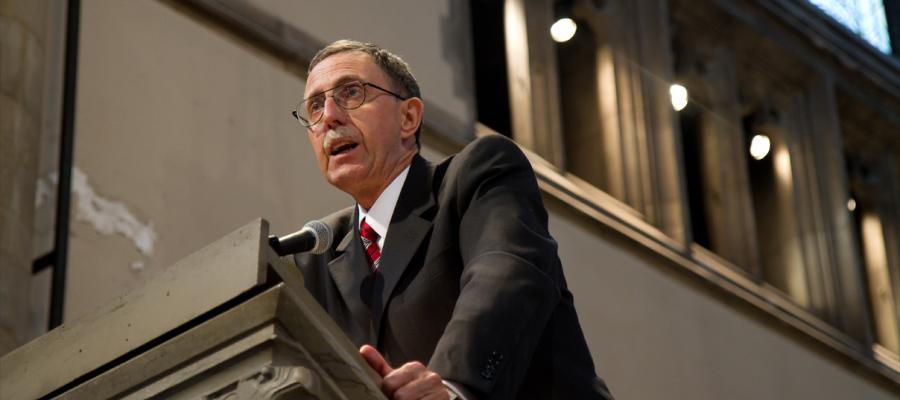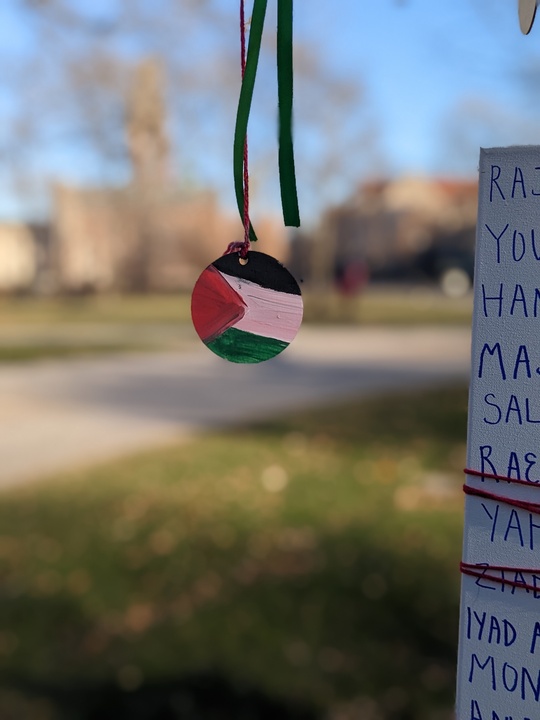Here are my disclaimers. I agree with many of Jake Bittle’s criticisms (“Shut Down the Institute of Politics,” 11/29) and more generally with many of his views on the current state of American politics. Yes, our collective obsession with FiveThirtyEight and The Upshot, with Ezra Klein and the likeliness or rarity of a political outcome over its merits, is deeply troubling. Yes, reading policy wonks’ blogs and Atlantic articles does not substitute for advocacy. And yes, for many an ambitious undergrad who sees policy as a means to personal influence and not the other way around, the Institute of Politics (IOP) provides ample resources in the form of thinktank internships, political consulting jobs, and institutional connections.
These problems are serious, and we should take them seriously. But Bittle’s invective against the IOP–and his claim that it should be shut down entirely–rests on a dangerous ad hominem attack that casts the institute as harmful solely by its connection to the “world of politics,” and its recognition that this world involves many people whose politics we (he and I) find unconscionable. This lazy argument asserts without evidence that politics is inherently harmful and concludes that the IOP should be rejected solely because it is a political institution.
Bittle writes: “The IOP’s ongoing programs and committees provide a place for people interested in improving the world to congregate and share ideas, to be sure, but it is my belief that for the most part this results in optimistic young people getting their morals blasted out of them with the pile-driver of ‘politics.’”
This is exciting prose, but it’s difficult to sort out what it means, or how exactly the IOP supplants students’ morals with political nihilism. On the contrary, many of its programs enable students to fight against the political system’s systemic inequities. Bittle mentions two of these – Leaders of Color and the Women in Public Service Program – which, in the aftermath of the election, will be even more vital than before. To these, we should add internships with human rights and legal nonprofits, advocacy groups, and research organizations; civic engagement programs in the city of Chicago; and a catch-all stipend for students engaged in summer nonprofit work, among other programs.
These opportunities matter beyond the budding careers of UChicago students. They matter for people left behind by our political system, and they leverage politics in the aid of underprivileged populations. They obviously do not solve the enduring problems faced by these disadvantaged groups, but many of them help.
I do not mean to argue that all IOP internships or career opportunities are righteous – I, like many others, disagree deeply with the objectives of some of the organizations, and many of the politicians, that the Institute represents and therefore legitimizes. The IOP’s stated “nonpartisan” position is also more complicated and fraught than it claims. This assertion relies on a strange ideological arithmetic, as if inviting enough speakers from both left and right, selecting both a Black Lives Matter organizer and an RNC Media Strategist as Fellows, cancels out the Institute’s position to a centrist middle.
This calculus gets harder in the age of Trump, when white nationalism has infiltrated the executive branch and racism, sexism, xenophobia, and denial of scientific fact are campaign-winning strategies. For millions of Americans and hundreds of UChicago students, attacks on personal identity are soon to be official government policy. All this makes institutionalized neutrality in the name of “open discourse” an increasingly treacherous and unsustainable position. With Steve Bannon in the White House, I understand Bittle’s claim that “political compromise” is treachery.
But abolishing the IOP, and by extension UChicago’s most direct connection to “mainstream” politics, is the deepest and most insidious compromise. It is defeatism. It means ceding the sphere of politics to the (alt-)right, leaving the left naught but “flipping cars” and personal supermarket attacks on an increasingly legitimized tide of racism. Bittle’s suggestions for action (donating to Planned Parenthood, the ACLU, and Standing Rock; incessant calls to politicians; individual protest and diligence) are not only necessary – they are a bare minimum in Trump’s America.
The rest is politics, and the greatest challenges of the next four years (climate change, voters’ rights, mass deportation, a Muslim ban, the wall) will be codified and actualized through policy and law. The IOP can take concrete steps to help students meet these challenges. A good first step is loosening restrictions on internship funding for advocacy work, or broadening the IOP’s base by choosing its student board in elections including all IOP members (Democracy! Free and open discourse!) instead of choice by the current board. The solution to politics is not abandonment, which will only compound the political apathy that Bittle decries. More students than ever should engage with the IOP.
—Michael Galperin, alumnus of the College (A.B. ’16)







